AUTHOR INTERVIEW: Joss Landry, author of 'I Can Find You (Emma Willis Series #2)
Joss Landry has
worked as a consultant for more than twenty years, writing copy for marketing
firms and assisting start-up companies to launch their business. She recently
made the switch from composing copy and promos, to writing fiction and prose.
She is developing her style through courses and the support of other writers
and is presently working on honing three other novels for publication.
Blessed with four
children and six grandchildren, she resides in Edmonton,
Alberta with her husband, a staunch
supporter, and enjoys spending time biking, rollerblading, playing tennis, and
swimming. She loves creating stories as she says they fulfill her need to think
outside the box.
Her latest book is
the urban fantasy/paranormal, I
CAN FIND YOU (Emma Willis Series #2).
WEBSITE & SOCIAL LINKS:
WEBSITE | TWITTER | FACEBOOK
Q: Welcome to The Writer's
Life! Now that your book has been
published, we’d love to find out more about the process. Can we begin by having you take us at the
beginning? Where did you come up with
the idea to write your book?
Interesting question. I come from
a family where my grandmother was able to read tea leaves and predict the
future quite accurately. People used to come all the way from Boston
to the Canadian maritime province of New
Brunswick to have my grandmother read their
future. Word spread, and her fame grew. She also had a younger sister, my
great-aunt, my mother’s aunt, who could read people’s thoughts and sense
trouble miles away.
My mother an intuitive, would
change her mind at the last minute from taking part in certain activities, for
no reason at all it would seem.
Once my father reserved train
tickets for my mother, my baby brother, my four-year-old sister and myself. I
was five at the time. We were due to travel from Moncton
to Edmundston, New Brunswick
to be with my grandparents while he covered a newspaper assignment a week
abroad. He’d reserved tickets in the
sleeper compartment of the train to help my mother deal with the nightly ride
and three small children. My mom complained she didn’t want such expensive
tickets, but my father convinced her to keep them. The minute he was gone, my
brother on her hip, she dragged my sister by the hand while I followed, and we
waited in line at the ticket counter to get tickets in another compartment. I
tried to convince her that it would be fun to sleep on the train. She would not
hear of it. I learned over the years that whenever my mother dug in her heels,
as shy and as sweet as she was, a strange look would take over her whole
persona, almost like the sound of an aura swooshing around her, immovable, and
nothing and no one could convince her to do otherwise.
A terrible derailment occurred
that night with the train. I remember walking lopsided coming back from the
washroom and a man holding on to me while luggage shifted from one side to the
next. People were screaming while the conductor yelled to stay calm over the
horrifying noise of the train's wheels scraping against the rails.
When all the motion finally
stopped, my mother was crying while she held the three of us.
Another train took us to our
final destination. My grandfather picked us up at the train station, and I’ll
never forget the tears on his cheeks. Everyone thought we were dead. No one
knew my mother had changed the tickets and the only casualties were those in
the sleeper car. This particular car never made it over the bridge. It unhooked
and rolled down the cliff and exploded. Had my mother not changed those
tickets, this would have been our fate.
All my life, I have followed in
this tradition of being able to see, and I know of quite a few others who do as
well.
Therefore, Emma came to me as a
means to make people aware of help along the way, and to give purpose and
courage to people who tote these talents, sometimes, at an enormous peril.
Q: How hard was it to write a
book like this and do you have any tips that you could pass on which would make
the journey easier for other writers?
The difficulty in writing a book
like I Can Find You, the second book in the Emma Willis series,
is encountering the villains and having to learn about their threats and worse,
wondering what happened in this world to create such evil dudes in the first
place. A mixture of fear and pity goes into creating such characters as the
wizards.
Also, in the first book of the Emma
Willis series, I Can See You I believe writing about difficult
parents who cannot recognize their child’s gifts turned into a traumatic
experience for me, most difficult to write, as I have known such families. I
believe what touches us most is usually something difficult to put into words,
even though we are writing fiction, reality is forever slightly over our right
shoulder.
I don’t think you can soften the
blow of writing a mystery thriller fiction novel. You simply need to focus on
the positive twists in your book and hope your characters will stand by you and
do what they must. To tell you the truth I am sometimes surprised by my
protagonists’ actions.
Q: Who is your publisher and how
did you find them or did you self-publish?
I decided to self-publish. I
didn’t submit I Can See You or I Can Find You anywhere. In I
Can Find You, especially, I found the subject matter too personal, and when
Emma discovers and hones new powers, I didn’t know if anyone else would
understand and accept how these powers work. I had a professional cover made,
and a professional editor look over the book, but this series is one after my
own heart. I wanted to publish this from start to finish. I don’t yet know how
many books the series will hold, but I am sure more than four books is the
deal.
Q: Is there anything that
surprised you about getting your first book published?
Yes, how quickly it is
to write the story and how long it is to edit the same story. It took me a
couple of months to write I Can Find You once I settled in our new
place, we moved across the country mostly because I needed a place where I was
more inspired to write, I was able to finish the story. Since I had written
half the book elsewhere, I found I needed to practically redo the first half of
the book and then, of course, edit again.
Q: What other books (if any) are
you working on and when will they be published?
I am launching soon, a
romantic/fantasy/Sci-fi novel of 92,500 words. This story took me 30 days to
write, beginning of the new year, and edited, and edited again, What About
Barnum? has been waiting for the
preferential treatment of a launch to become visible and available. What
About Barnum? is the first book in the Binary Bounty series.
Q: What’s one fact about your
book that would surprise people?
I am going to say the spiritual
or inspirational aspect of my mysteries. I am a firm believer in the grand
purpose of life and in the mighty Universe helping us along to accomplish what
we feel we must do. This message comes through in my stories—breathes loud and
clear. No missing the memo. You will meet all types of heroes and some entirely
different from what we expect—not mainly two-dimensional scope. I am also a
firm believer in brotherhood, kindness, selflessness acceptance of all those we
don’t know and call strangers.
Q: Finally, what message (if any)
are you trying to get across with your book?
Some people have told me there
are a spiritual penchant and kindness in my stories. Others recognized the
mystery and the thrill of the chase. I would say my message is one of turning
the other cheek, smiling when we want to cry and adopting Emma’s stoicism and
selflessness. Barnum’s heart and loyalty, Hank Apple’s dedication, and
Christina Tyler’s kindness. I believe you will find all my characters convey
unique qualities present in all of us. Now, if only half of us would agree to
display such qualities, and trot them out with pride, this world would do away
with malaises such as wars, famine, poverty—all sorts of fears liable to make
us haul possessions and hold onto them for dear life.
Q: Thank you again for this
interview! Do you have any final words?
There is a saying by Albert
Einstein I love! He says, “There are only two ways to live your life. One
is as though nothing is a miracle. The other is as though everything is a
miracle.”
I often used to tell my children,
and now my grandchildren, “Which one of these sentences would you like to be
true?”
One of my sons chose the first
theory. One of my grandchildren also chose the first thought. What I told them
is, “You are allowed selecting the conjecture you prefer, but whatever you
decide will become your truth. This time spent on Earth, I have learned logic
offers no rhyme or reason. The heart rules, the thoughts draw the path, and the
soul gets us there.


















































































































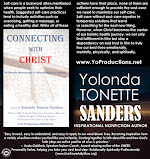


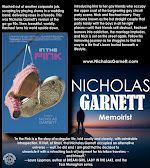


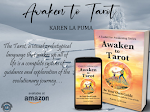
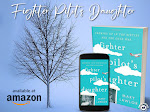
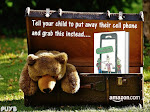
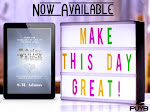


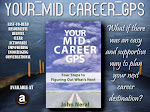
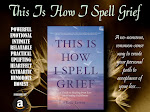
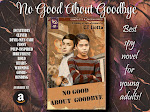

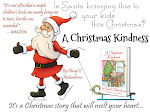
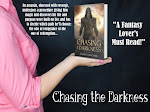
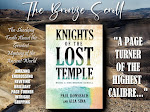


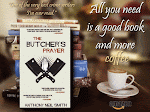
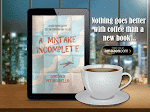
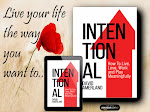
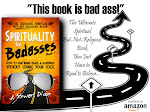

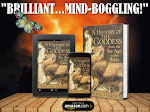

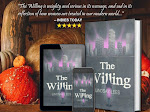
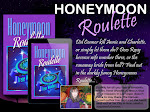
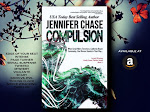
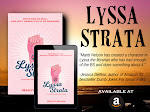
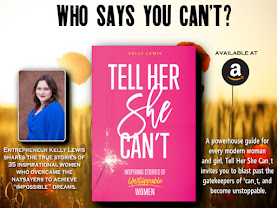









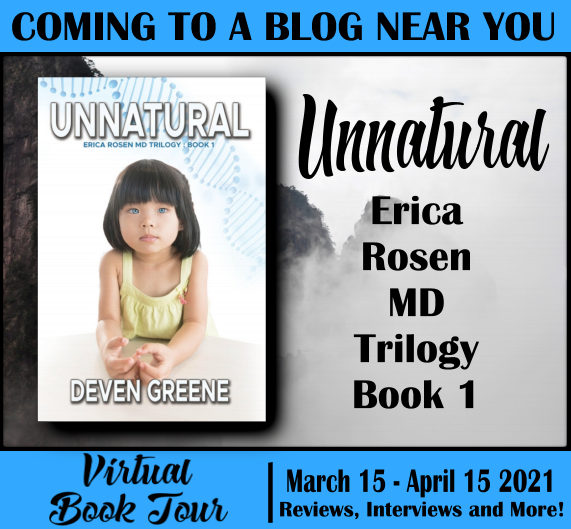
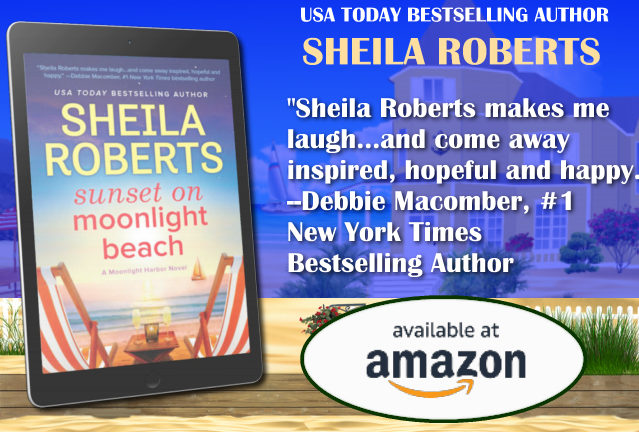
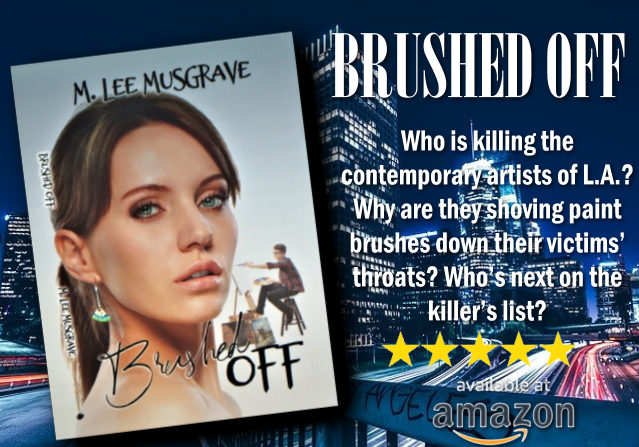


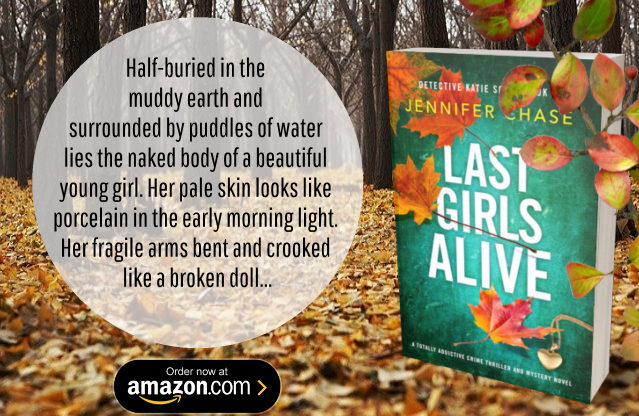
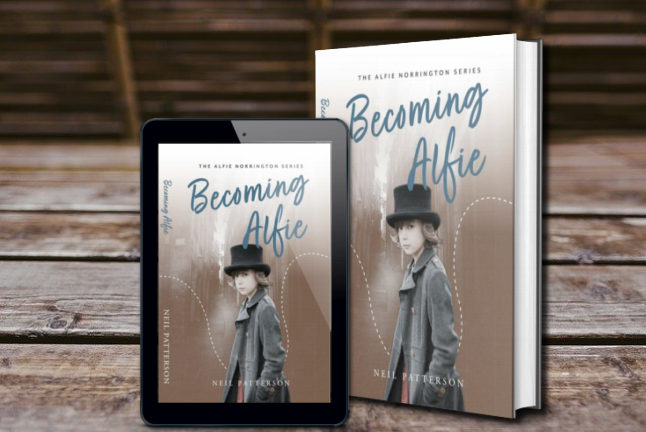
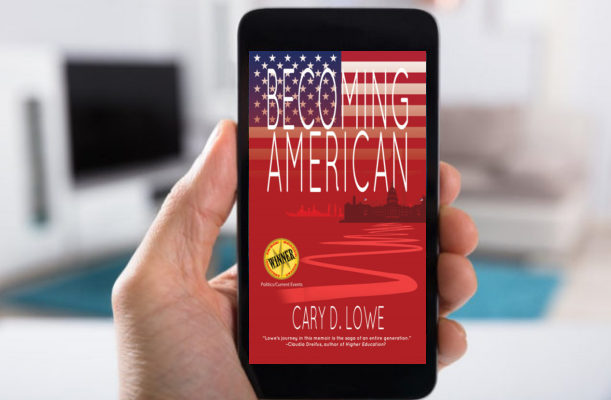

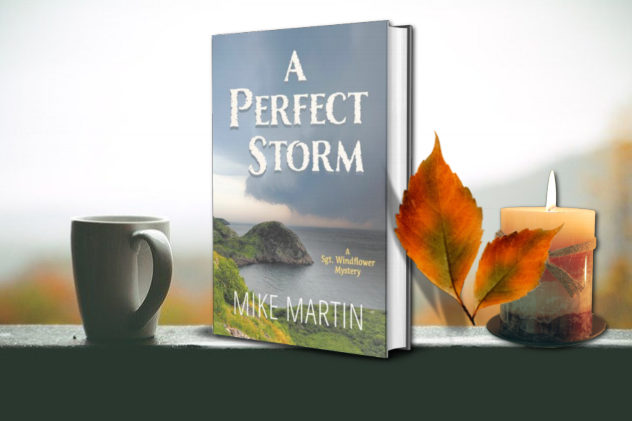
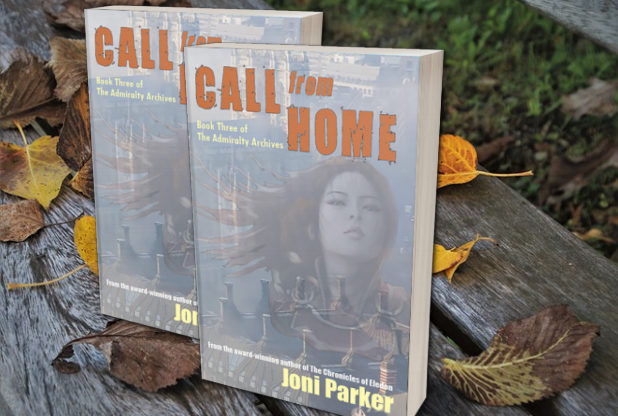
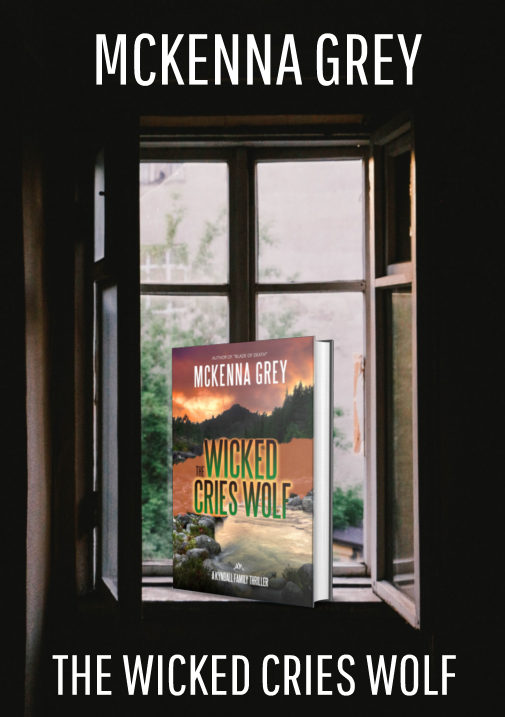


Leave a Comment